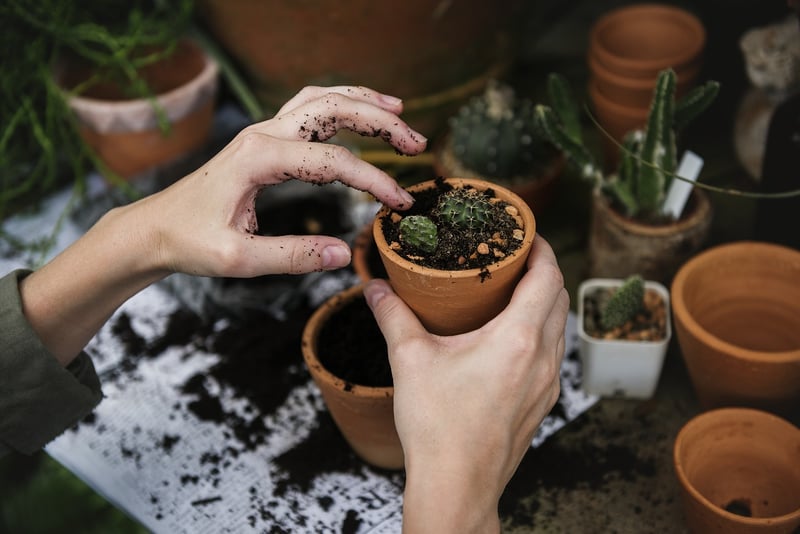Pest Control
Keeping Your Garden Healthy: Pest Control Tips
Having a beautiful and thriving garden requires more than just watering and sunlight. One of the key aspects of garden maintenance is pest control. Pests can wreak havoc on your plants, flowers, and vegetables if left unchecked. Here are some essential tips for keeping your garden healthy and pest-free:
1. Identify the Pests
Before you can effectively control pests in your garden, you need to identify them. Keep an eye out for common garden pests such as aphids, caterpillars, slugs, snails, and beetles. Look for signs of damage on your plants, holes in leaves, or chewed stems.
2. Natural Predators
Encourage natural predators like ladybugs, lacewings, and birds to visit your garden. These beneficial insects and animals feed on garden pests, helping to keep their populations in check. Planting a diverse array of flowers and herbs can attract these helpful predators.
3. Neem Oil
Neem oil is a natural insecticide that can be effective against a variety of garden pests. Dilute neem oil in water and spray it on your plants to deter pests like aphids, mites, and caterpillars. It is safe to use and won't harm beneficial insects.
4. Companion Planting
Utilize companion planting to naturally repel pests from your garden. Some plants, like marigolds, garlic, and chives, are known for their pest-repelling properties. Interplanting these with your vegetables or flowers can help protect them from insect damage.
5. Diatomaceous Earth
Diatomaceous earth is a natural and non-toxic powder made from fossilized algae. Sprinkle it around the base of your plants to create a barrier against slugs, snails, and other crawling insects. The powder absorbs the waxy layer on insects' exoskeletons, leading to dehydration and death.
6. Regular Maintenance
Consistent garden maintenance is key to preventing pest infestations. Remove weeds, fallen leaves, and debris regularly as they can harbor pests. Inspect your plants frequently for any signs of pest damage and take action promptly.
By following these pest control tips and staying proactive in maintaining your garden, you can keep your plants healthy and thriving. Remember that a balanced ecosystem with natural pest control methods is not only effective but also beneficial for the environment.

For more information on garden pest control and maintaining a healthy garden, check out The Old Farmer's Almanac.
